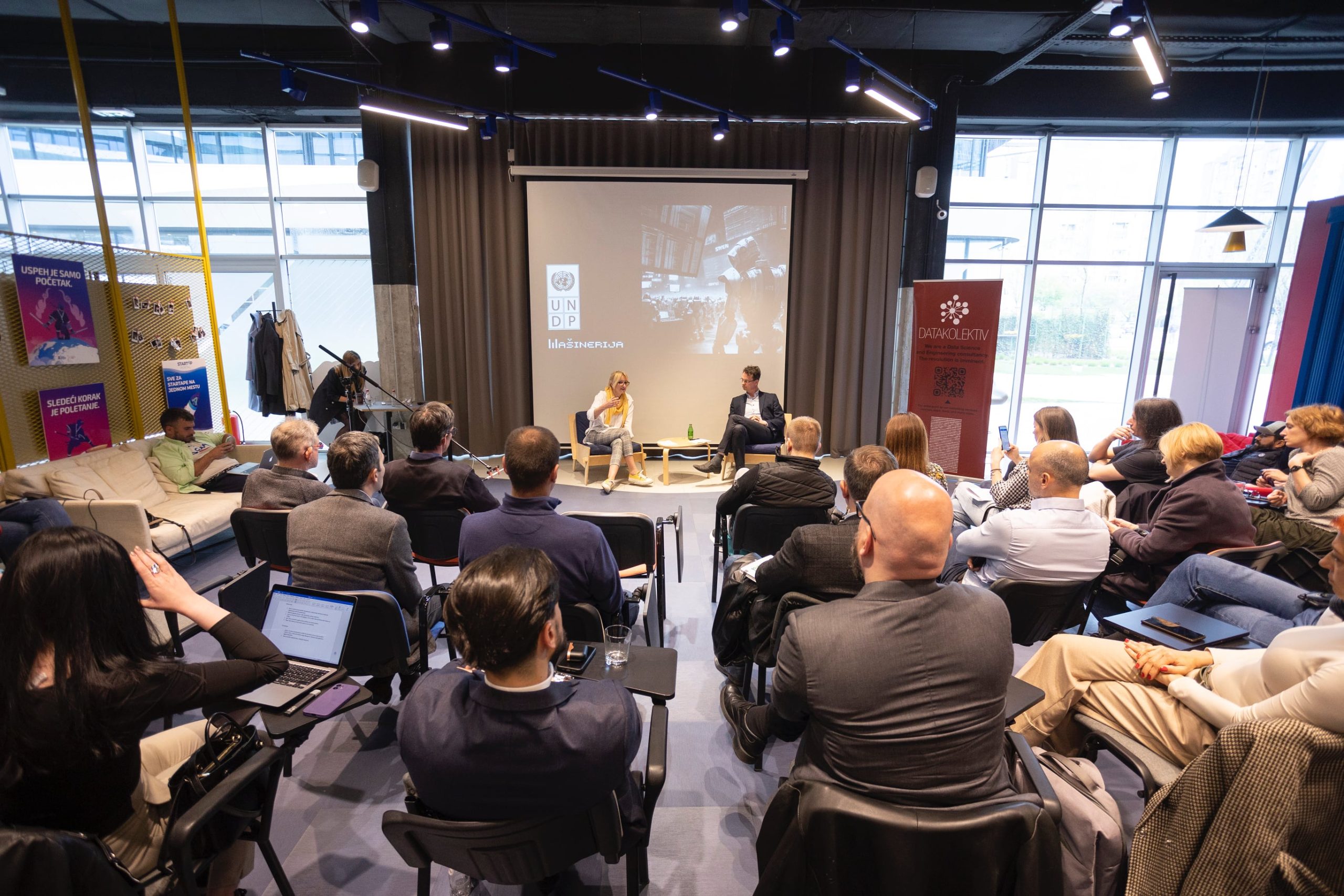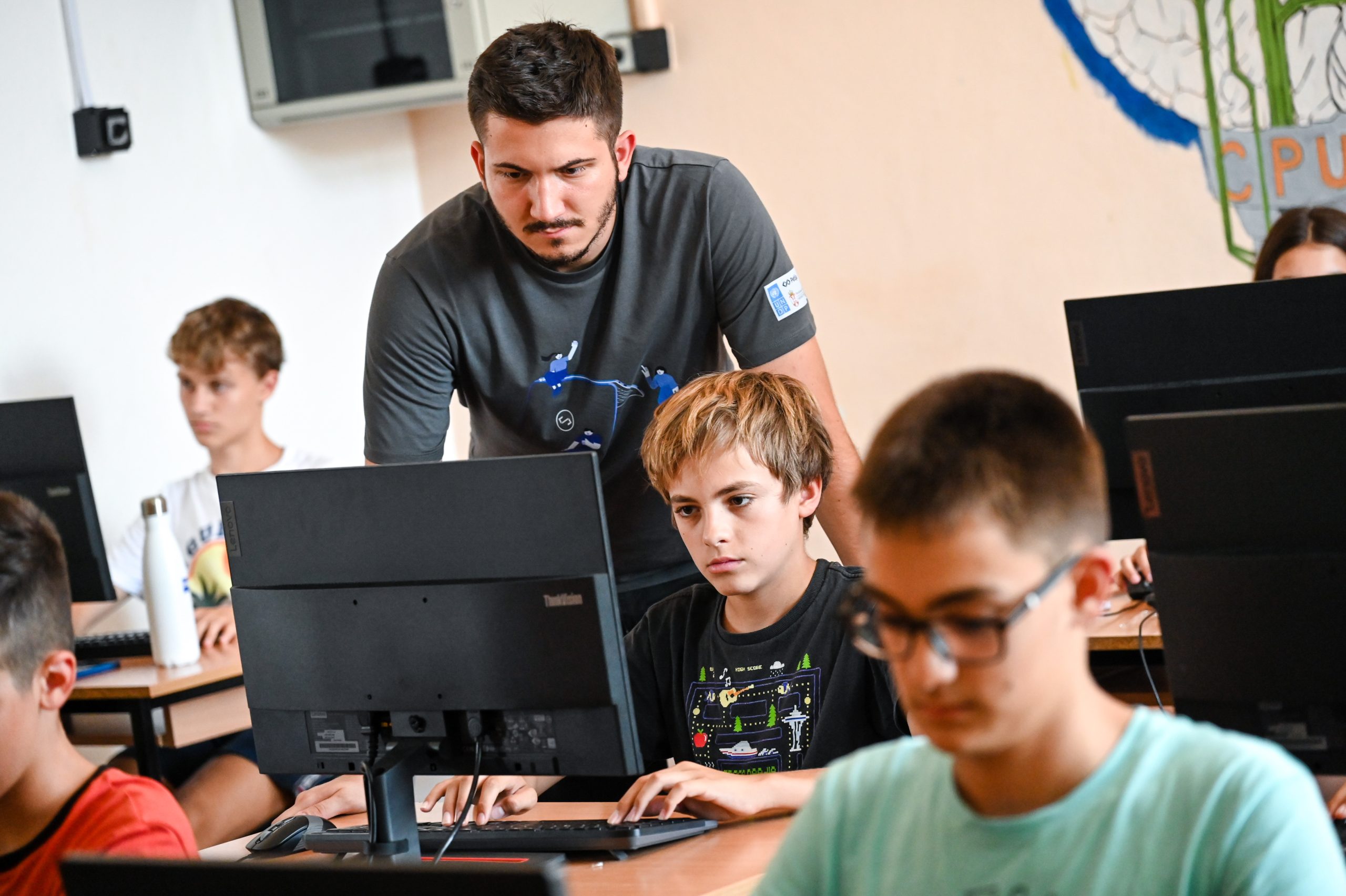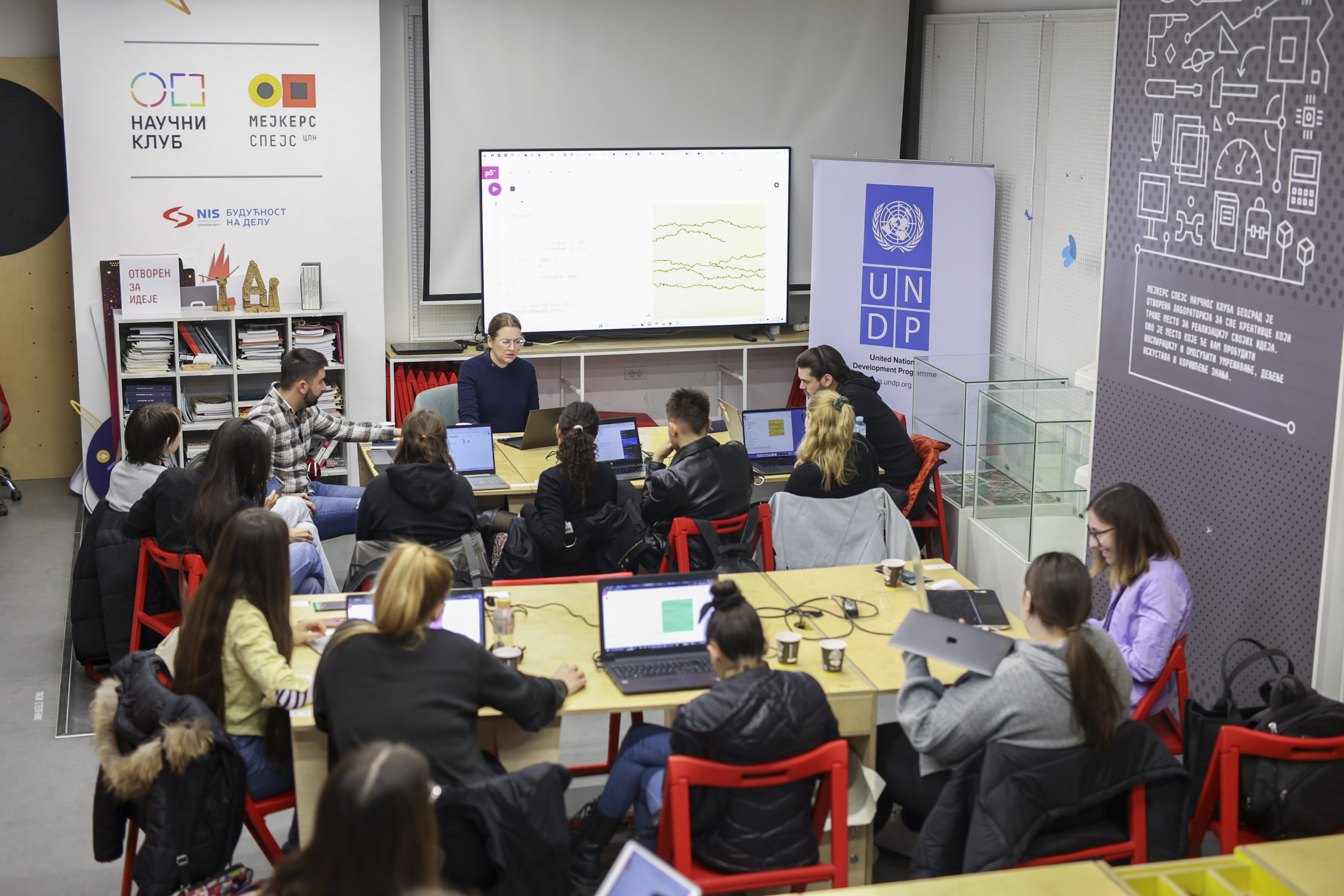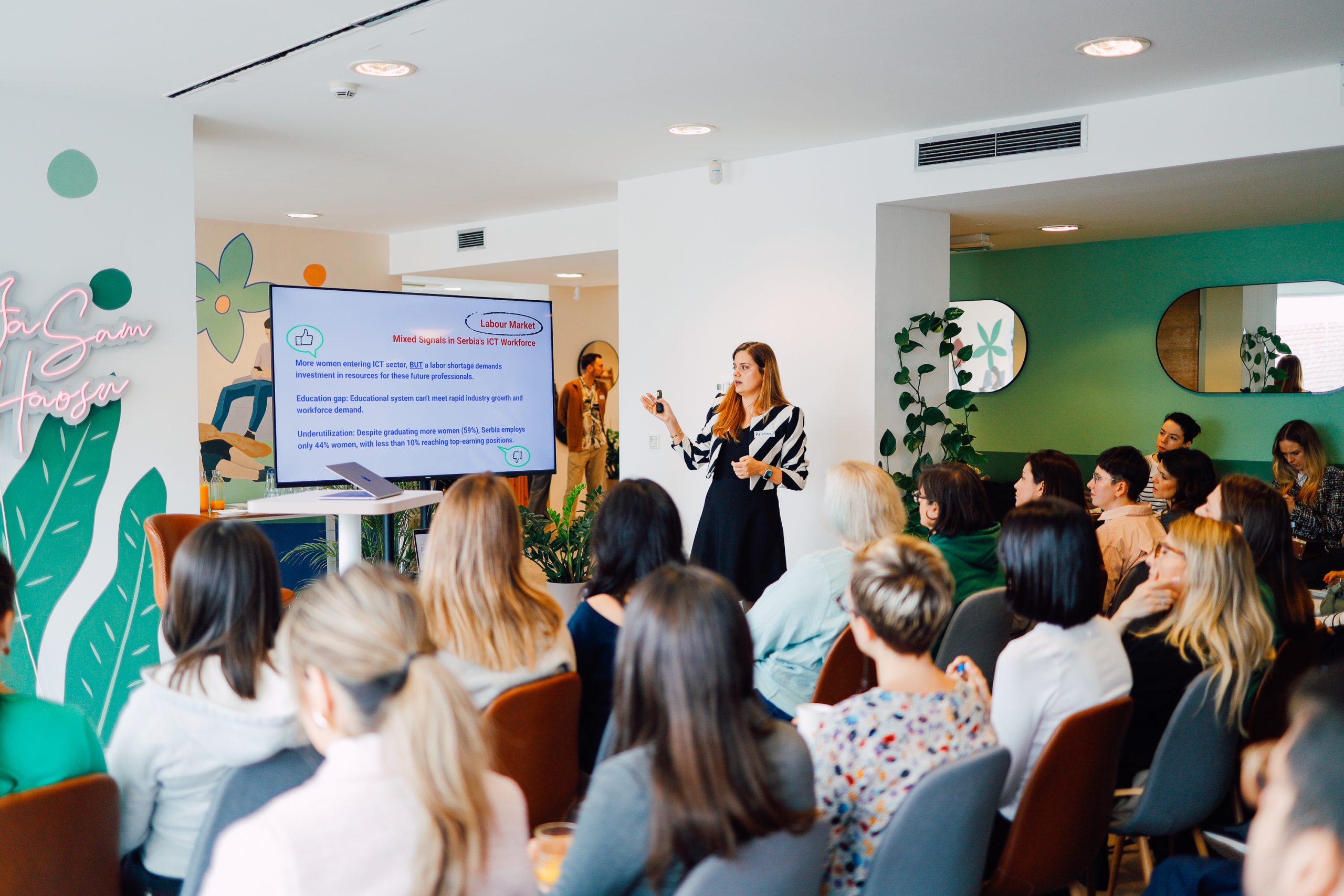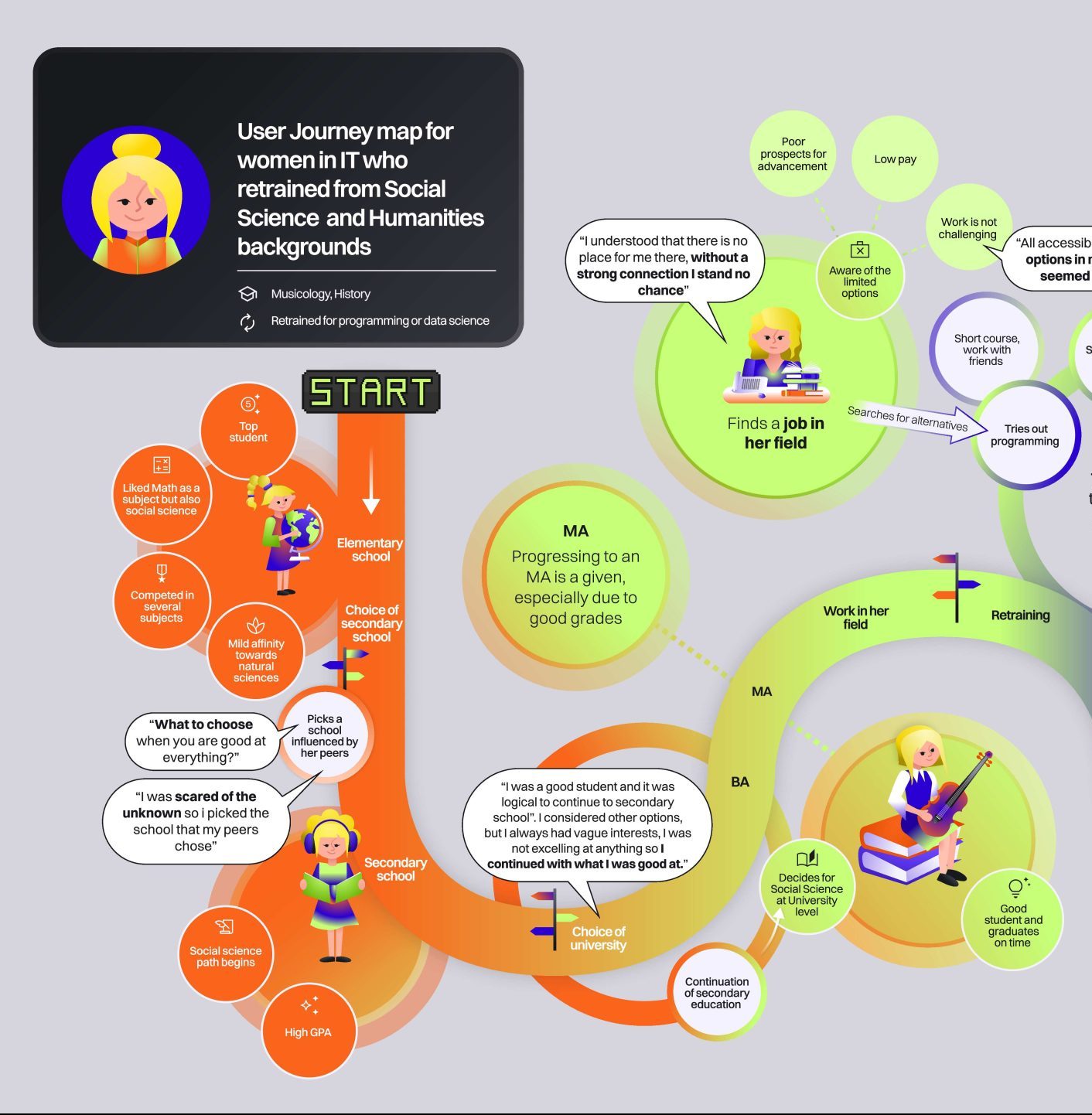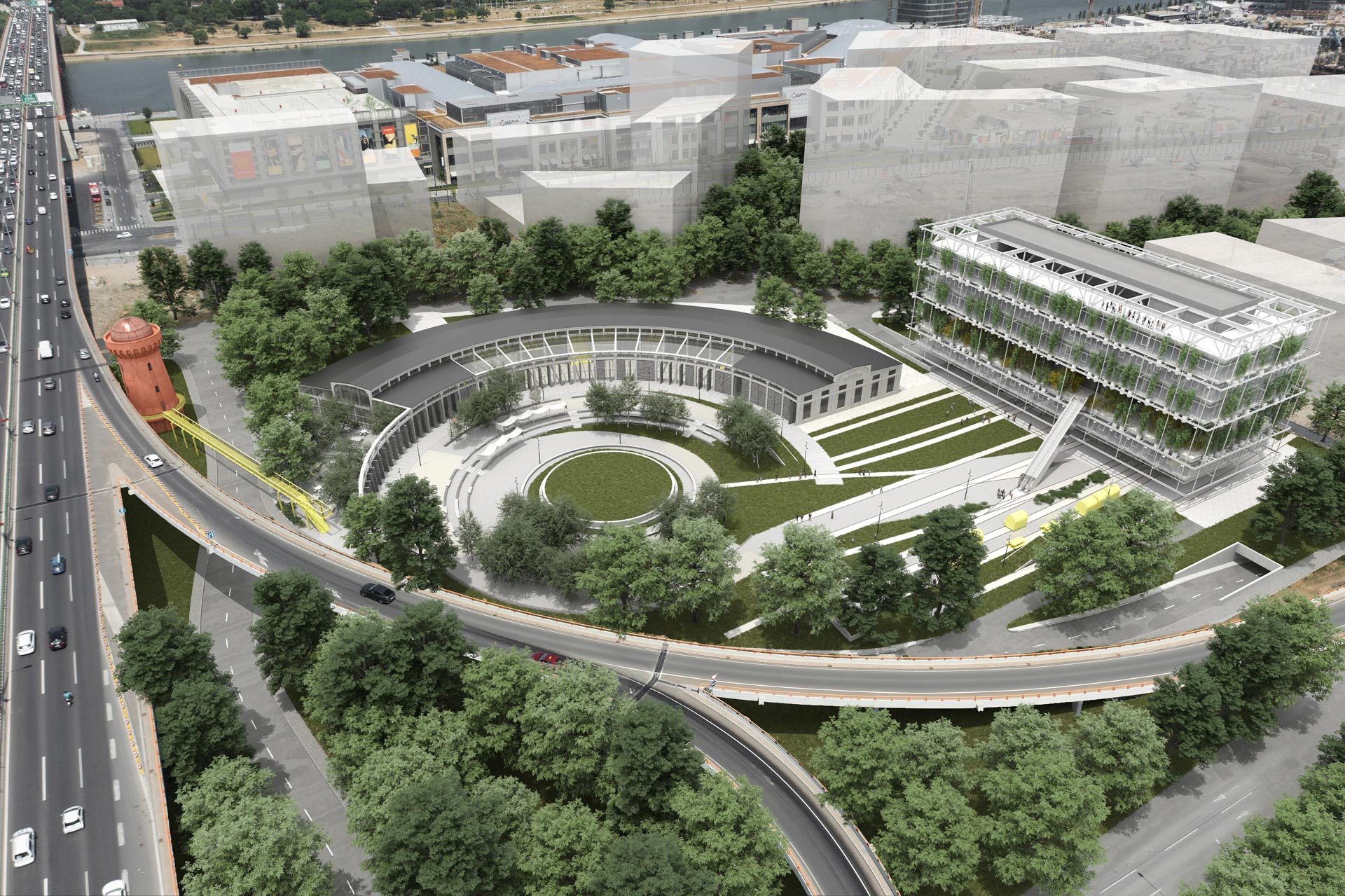-
Back
-
Institutions and Policies
Institutions and Policies
Building digitally capable institutions and adaptable regulatory frameworks that embrace innovation.

-
Digital Government
Digital Government
Assisting institutions in providing reliable, secure, accessible, and people-centric digital services.

-
Public Sector Data
Public Sector Data
Using the power of data to improve public policies and services and stimulate the creation of new value.
-
Digital Skills
Digital Skills
Providing people with skills to increase opportunities for everyone in a digital economy.

-
Digital Ecosystem
Digital Ecosystems
Supporting diverse digital-focused communities and collaborating on important societal issues.
-
Emerging Technologies
Emerging Technologies
Navigating and managing technology advancements and trends that shape the future for the public good.

